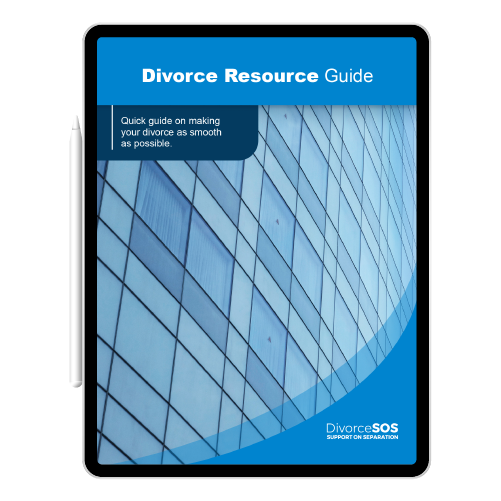Child Support
Child support is governed by the Child Support Guidelines which are Regulations under the Divorce Act as well as under the Family Law Act. The two regulations are almost identical and as such the same legal principles apply with respect to child support for children of married couples or unmarried couples.

Children Under 18
Every child under the age of 18 is entitled to Table support in some form. In a traditional setting where a child lives primarily with one parent and shares time with the other parent the full Table amount is payable based on the payors line 150 income. That is, the payors total income from all sources. If a child shares a residence with each of his or her parents, the Table amount may be altered depending on the circumstances.
Children Over 18
Once a child is over 18 there is some discretion to change the table amount if, for example, a child is living away from home to attend school.
Duration
In Ontario, child support is typically payable until a child receives their first post-secondary degree or diploma. In situations where one or both parents have post-graduate training, it is likely the child support will continue for a child who seeks further education.
Taxation
Child support is not taxable to the recipient and is not tax-deductible to the payer.
Extra Ordinary Expenses
In addition to Table child support, parents will share certain special or extra ordinary expenses in proportion to their incomes. Special or extraordinary expenses create significant conflict in families. That is because some are specifically set out in the statute and others are subject to interpretation. For example, daycare, tutoring, summer camp, glasses, braces and post-secondary education are shareable provided both parties have agreed to incur the expense, and it is reasonable having regard to the resources of the family. The more difficult expenses are extracurricular activities. That is because these activities must be considered extra ordinary to be shareable. There is no guidance in the statute to determine whether an extracurricular activity is extraordinary or not. If not extraordinary the extracurricular activity is payable from the Table child support.
How Child Support Changes
Unlike spousal support, child support changes at least annually with the change in the payors income. Our courts have been very clear that all payors have an obligation to determine how much they should be paying in child support and pay it voluntarily. When that does not happen, the courts can make retroactive awards which can then cause financial hardship. In addition, payors have an obligation to provide their income information, specifically their complete tax returns with all schedules and attachments and their notice of assessment every year. Recipients may also have that same obligation because their income is relevant to determine meaning how and expense is shared.

Insurance
Again, there is an obligation to maintain life insurance as security for the child support obligation.
MEET WITH US
DIVORCE REFERENCE GUIDE

